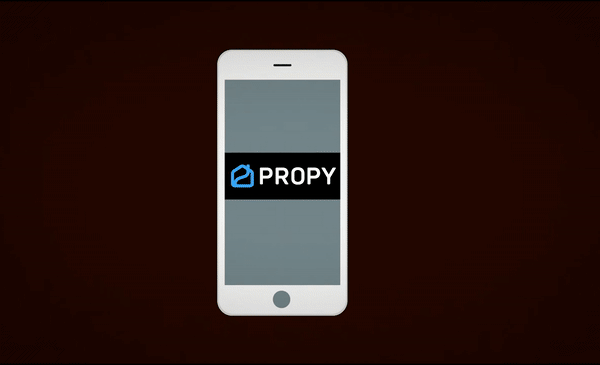
The local real estate office has long been a fixture of small-town America. Brokerages sponsor Little League teams while agents spend weekends meeting shoppers at open houses. This time-tested way of doing business endures, but it faces competition from a wave of tech-centric options that could alter how clients value their friendly neighborhood agents.
Change by the Numbers
Online listings services, on-demand showings, and virtual reality home tours have freed consumers to search for real estate without an agent’s help. Some have eschewed agents entirely, opting for services like Redfin Direct, which allow homeowners to sell directly to buyers at a fraction of the standard industry commission.
However, the vast majority of consumers prefer it the old-fashioned way. According to a recent study by the National Association of Realtors (NAR), although 44% of shoppers begin their searches online, 87% hire a real estate agent to help with choosing the right property, filling out paperwork, and closing.
This would seem to support the status quo, but other numbers suggest otherwise. Per the same NAR report, while 28% of buyers discover their dream home with agent assistance, 50% find it through an online listings site. Tech is on the march.
Real Estate Tech as the Solution
Fortunately, new technology makes it easier than ever for agents to offer clients a pleasant purchase and sale. For example, Propy’s Transaction Management platform allows participants to share and sign their documents virtually, which not only accelerates the process but also eliminates the possibility of email-based wire fraud. Important documents like the deed are then encrypted and stored on a blockchain where they are safe from manipulation yet accessible to all parties in real-time.

There Is Still a Place for Real Estate Agents
Tech needn’t spell the end of the neighborhood real estate agent. Consumers want them around, especially if they’re honest, reliable, and available for questions. Customers simply wish to avoid the delays and unnecessary expenses associated with business as usual. Professionals who embrace technology can provide clients with the smooth, transparent experience they crave and, in so doing, remain valued members of their respective communities.


























